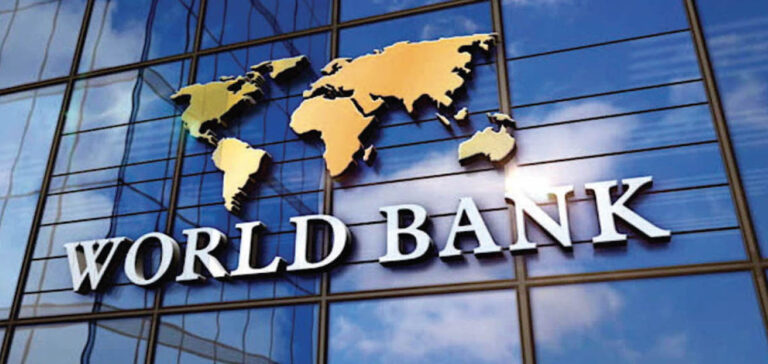The reform of international financial institutions was initiated by the World Bank (WB) and the International Monetary Fund (IMF) in Marrakech. These entities, born in the ashes of the Second World War, are faced with the need to adapt to current global challenges, in particular climate change. However, the pace of reform is provoking impatience amongenvironmentalists.
A new roadmap
Ajay Banga, the new President of the World Bank, stressed the need for a more efficient and ambitious institution, with the aim of “eradicating poverty on a liveable planet”. He cited the example of Uruguay, which became the first country to benefit from reduced interest rates as a reward for its climate performance. He also raised the possibility of reducing interest rates to encourage the energy transition away from coal.
Banga aspires to an additional financing capacity of some $150 billion over the next decade, followed by an expansion of the World Bank’s size by involving its shareholders, the governments.
Reforms in small steps
Technical reforms to optimize existing resources are underway, but the next phase will take time. French Economy Minister Bruno Le Maire supports a step-by-step approach, with an assessment of the WB’s needs, followed by a hybrid capital increase combining debt and equity. Furthermore, a global increase in the WB’s capital is not envisaged until 2025 at the earliest.
However, some believe that this timetable is insufficient in the face of the climate emergency. “We’re still in the observation round,” laments Oscar Soria, campaign director of the NGO Avaaz. Friederike Röder of Global Citizen calls for greater ambition.
Governance and financing issues
Observers were hoping for progress on governance issues, notably the admission of the V20 group, which comprises more than 68 countries vulnerable to climate change, to the IMF’s institutions. This admission is of major importance, as it would enable climate issues to be taken into account in international financial governance.
Another sensitive issue is World Bank funding for fossil fuels. Environmental activists are calling for an end to this support. Yet, according to Ajay Banga, there is a limit to direct investment in fossil fuels. However, critics stress the importance of prioritizing renewable energies in the fight against climate change.
The challenges of reforming international financial institutions are many, but the urgency of climate change calls for bolder, faster action. The future of the planet depends on it.
Why should it matter to you? Reforming international financial institutions to tackle climate change is crucial for the future of our planet. This article examines the challenges and advances at the annual meeting of the World Bank and IMF in Marrakech. The decisions taken will have an impact on our ability to mitigate the effects of climate change and build a more sustainable future for all.






















